This is way too early for me, but I thought I would procrastinate on grading a bit by thinking about what I will be doing in Spring and asking for some advice.
My classes are
Asia 200 Introduction to Asian Studies
In this class I introduce our Asian Studies students (and anyone else who cares) to Japan, sociology, Korea, history, India, literature, etc. Old vesions here, here and here.There are usually 5 books/units, with the goal of covering various parts of geographic Asia (including the Middle East) and different disciplinary traditions. Students are encouraged to read all five books, although they only write about two of them. Obviously they all need to be cheap paperbacks. I usually pair each book up with a couple of articles/chapters from a different country/discipline, and that is the place where I could use the most help.
Kapur, Akash. India Becoming: A Portrait of Life in Modern India.. Riverhead Books, 2013. India/Journalism
The first unit is always on journalism and how good journalists can help you understand Asia and bad ones….can’t. This is a nice book on the modern transformation of India. I need at least a couple short things to go with it. Since this one is about India and journalism I guess I would want to pair it up with an academic article/chapter about rapid social change in….Taisho Japan or something. Maybe re-use Folding Beijing? There are many options, so I am sure lots of people can suggest stuff.
King, Maggie. An Excess Male Harper Voyager, 2017. Literature/China
A Science Fiction novel about a 20-minutes in the future China where the state starts pushing a new family structure due to the lack of men. I like the idea having them read science fiction for the literature section, since they all really like contemporary stuff and this forces them to think about the historical development of societies while also dealing with a lot of contemporary issues like gay rights, the social credit scheme etc.
I think I will have them read some of Matt Sommer’s book on polygamy in the Qing. Sommer, Matthew H. Polyandry and Wife-Selling in Qing Dynasty China: Survival Strategies and Judicial Interventions. California, 2015. Besides the fact that it is a great book, it does bring a bit of a pre-modern flavor to the class. As a historian I like to think that understanding Asia involves understanding things that happened before 1800, but that is always a hard sell. Maybe bits of White, Merry. Perfectly Japanese: Making Families in an Era of Upheaval. California, 2002. for the evolution of families?
Satrapi, Marjane. Persepolis: The Story of a Childhood. Pantheon, 2004. Manga/Iran
Wait, Manga are not Literature? Well at least this semester they are not. I like the idea of putting in a manga/manhua/graphic novel unit given that that so many students are drawn to the study of Asia through them, and they rock. Persopolis is the obvious choice, since it is good and pulls us away from Japan. I suspect I will require a bit of McCloud, although if I could find a more Manga-oriented version of that it would be good. Then I need some other stuff. Barefoot Gen seems obvious, but there must be something less obvious. I was thinking of Nick Stember’s translation of Manhua Journey to the West, (I did a paper on that once) but that leads me down a lot of rabbit holes, and add-on readings should be easier. Any ideas? There has to be a good historical Japanese manga I could use.
The Film Unit
There is always a unit on films and the students do a presentation of a film they pick themselves. I am leaning towards Paradise Now (two Palestinian friends try to decide if they should become suicide bombers) and Not One Less (Young girl faces the problems of developing China) Maybe do a depressing twin bill of Turtles Can Fly and Grave of the Fireflies? Any suggestions welcome. Although none of the films mentioned here fit, I usually try to include a comedy. Far too many student think that Asia, and especially Asian films, are all depressing things about oppressed concubines and peasants. I often use Let the Bullets Fly and Taxing Woman’s Return, but I could use other suggestions of good, teachable, Asian comedies.
Constable, Nicole. Maid to Order in Hong Kong: Stories of Migrant Workers, Cornell, 2007.Anthropology/Hong Kong/S.E. Asia
I always try to get them to read one or two academic monographs. This one of course deals with migrant labor in HK, and gives me Southeast Asia cred as well. I have a collection of other readings about this, so I should be fine, although I suppose something more political science or sociology -ish would be good. I will mention that I hate anthropology. When I am casting around for good books to use in this class I look for topics that seem interesting to students, usually contemporary and both easy to identify with and analytical. Far too many of them are by anthropologists. Why do they do all the cool stuff?
Atkins, E. Taylor. Primitive Selves: Koreana in the Japanese Colonial Gaze, 1910–1945. California, 2010. Japan/Korea/History
Probably the most academic unit, where we look at the invention of tradition. We also get some Korea content, which is good since a lot of the students are into Korea. I can think of lots of readings to tie to this, but most of them are China things, so any suggestions from the rest of Asia would be good.
HIST 436 Japan 1500-1850 Early Modern Japan
This is an Early Modern Japan class going from the Onin War or so to the end of Tokugawa. I ended up splitting Japan into two parts as the Early Modern stuff seems to lend itself better to a social/cultural history approach. This is the first time I am teaching it as a regular history class. For what it’s worth, here is the original course outline from the proposal.
So, how to teach a class like this? The textbook, obviously, is
Totman, Conrad. Early Modern Japan. California, 1995.
This is the only choice for teaching this class and the book that encouraged me to split the Japan/China classes in two. As you would expect from Totman it does a lot with environmental history, but it is really good on everything. If only the China field had a book like this.
They will also read
Ikegami, Eiko. Bonds of Civility: Aesthetic Networks and the Political Origins of Japanese Culture. Cambridge, 2005.
I was thinking of using her samurai book, but that is a bit too modern (although less theoretical) and this one pushes back a bit earlier than Totman and is a bit more cultural. I will no doubt have them skip the first theoretical part to start with but I hope to be able to get back to it, since her emphasis on networks makes a nice contrast to the normal focus on Tokugawa as imposing control on society. Picking this book is part of my continued attempt to figure out how to teach upper division classes. (Many years before the mast, still thinking about it.) They have to read at least one monograph, but I am not really satisfied with the standard textbook/couple of monographs/maybe toss in a primary source model. I think I will let them each pick a monograph and an article/ primary source (from here or here) to read in addition to these. I have often used this Choose Your Own Adventure model for classes, and while I like it I also find it frustrating. You have to get them to engage early and pick out what they want to do before they are sure what the class is about. I have tried having them come up with a contract (this is what I will read/do) and probably will do something like that again. Any suggestions about managing this, or books/articles to recommend are welcome.
HIST 498 -Drugs in the Modern World
This is a topics class for history majors where they do a big (Huge, 15-20 pages!) research paper as the capstone of their time here. Although there will be lots of Asian content here (opium, tea, etc.) the class will actually go all the way back to the sugar islands and Mintz looking at how production, consumption and understanding of the “drug foods” were all tied together and from the early modern empires and their reliance on drugs to all the modern anti-drug crusades.
The only assigned book is
Courtwright, David T. Forces of Habit : Drugs and the Making of the Modern World Harvard, 2002.
but each of them will be presenting on a monograph they choose on some aspect of the topic. I know some of these already, but if anyone can suggest good books on growing coffee in Java or drinking tea in Korea or cigarettes in North Africa that would be great. I have taught this class before, but only looking at Asia. This time I have to do it as a global class, so that will bring in a lot more possibilities. On the one hand I am really excited about teaching this class because I actually know something about this topic. On the other hand, it is a really broad theme, so it gives students lots of chances to get lost in their research projects. Fortunately, I am sure they will all get started early, work steadily, and come talk to me if they are having problems, so it should work out ok.

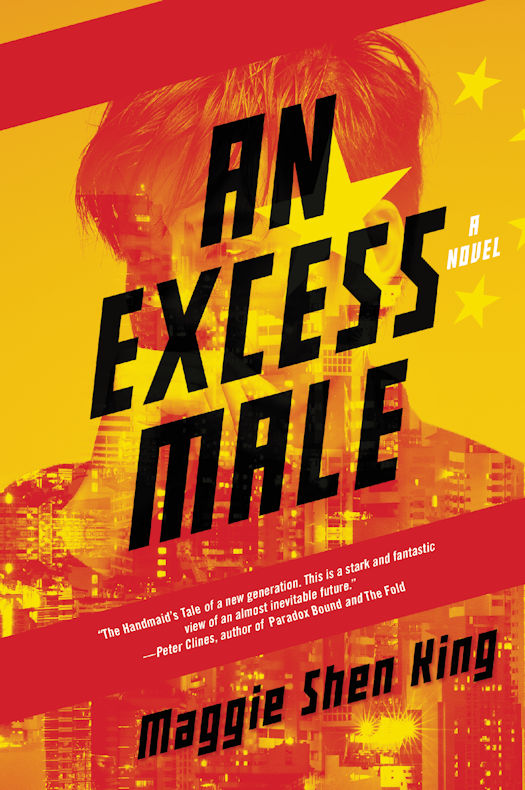
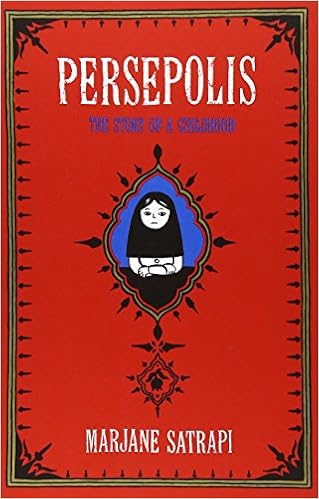

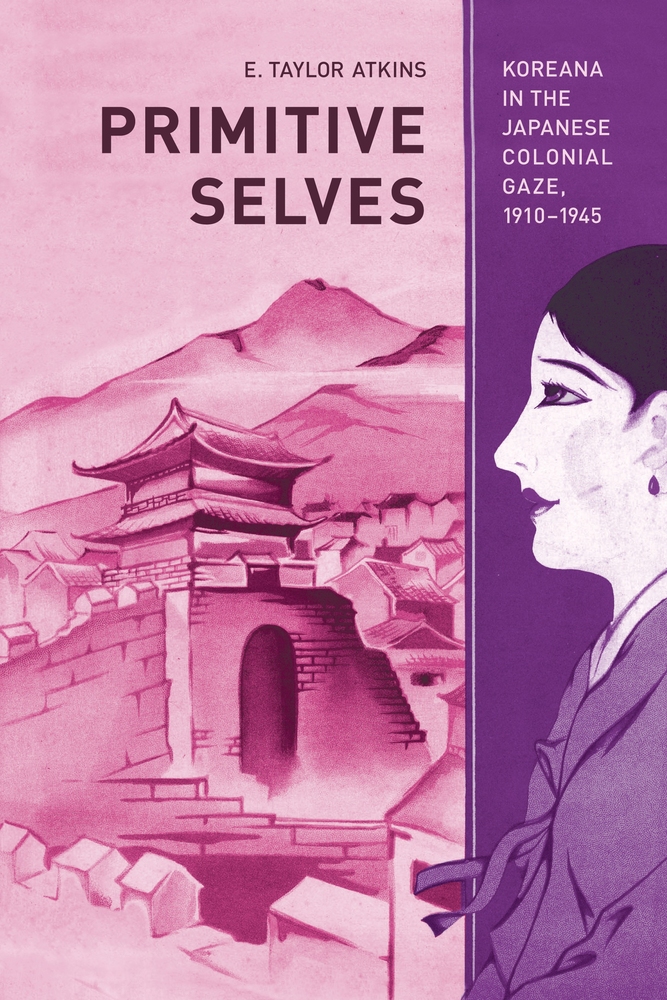
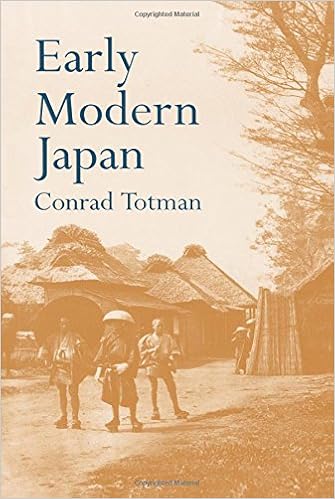
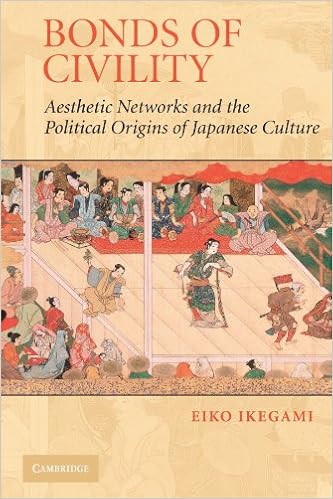

Drugs looks fun… that didn’t come out right. Seriously, though, it’s amazing how much modern history really is shaped by addictive substances and bad habits.
My semester is going to be a little odd: I’m doing my China since 1700 class online and my Japan since 1700 class in person. I expect to have some serious “did I already talk about…” moments in both. On the up(?) side, I’m not doing World Since 1500 at the same time, so it’s not triple-vision. (I like doing World to in the Fall, World Since in the Spring, but the distribution of sections didn’t work out that way this year).
My version of cheap paperbacks is ebooks available through our library: we have a surprisingly good collection at this point, through various subscription collections. (ACLS was the first, I think) At this point I have decent odds of finding a lot of what I want for most classes in monographic literature through the library. Textbooks, of course, aren’t in there, and I’m finding that a lot of primary source stuff isn’t either (My China class monographs are almost all ebooks; my Japan class primary source stuff is all hard-copy books). The trick is remembering that, even though students don’t have to pay for them, we still have to read them all during the semester….
Dear Jonathan,
Yes, drugs are lots of fun. All sorts of cool topics they can do, and I have usually had good luck with this class.. One thing I like about it is that unlike some other topics you can do in the capstone course this one is broad enough that students should be able to find something they like for a topic.
I have started using the e-books for supplementary readings as well, and we have a pretty good collection. I find that a fair number of kids want the paper book, so I try to keep the common texts cheap. It does make it way easier to only assign part of a book if they are not buying it.
Wonderful post Alan, and some great works here, including some I really should get around to reading. Totman, Ikegami, and Atkins are all favorites of mine and I assign much of the last of these in my own Japan empire module in St Andrews.